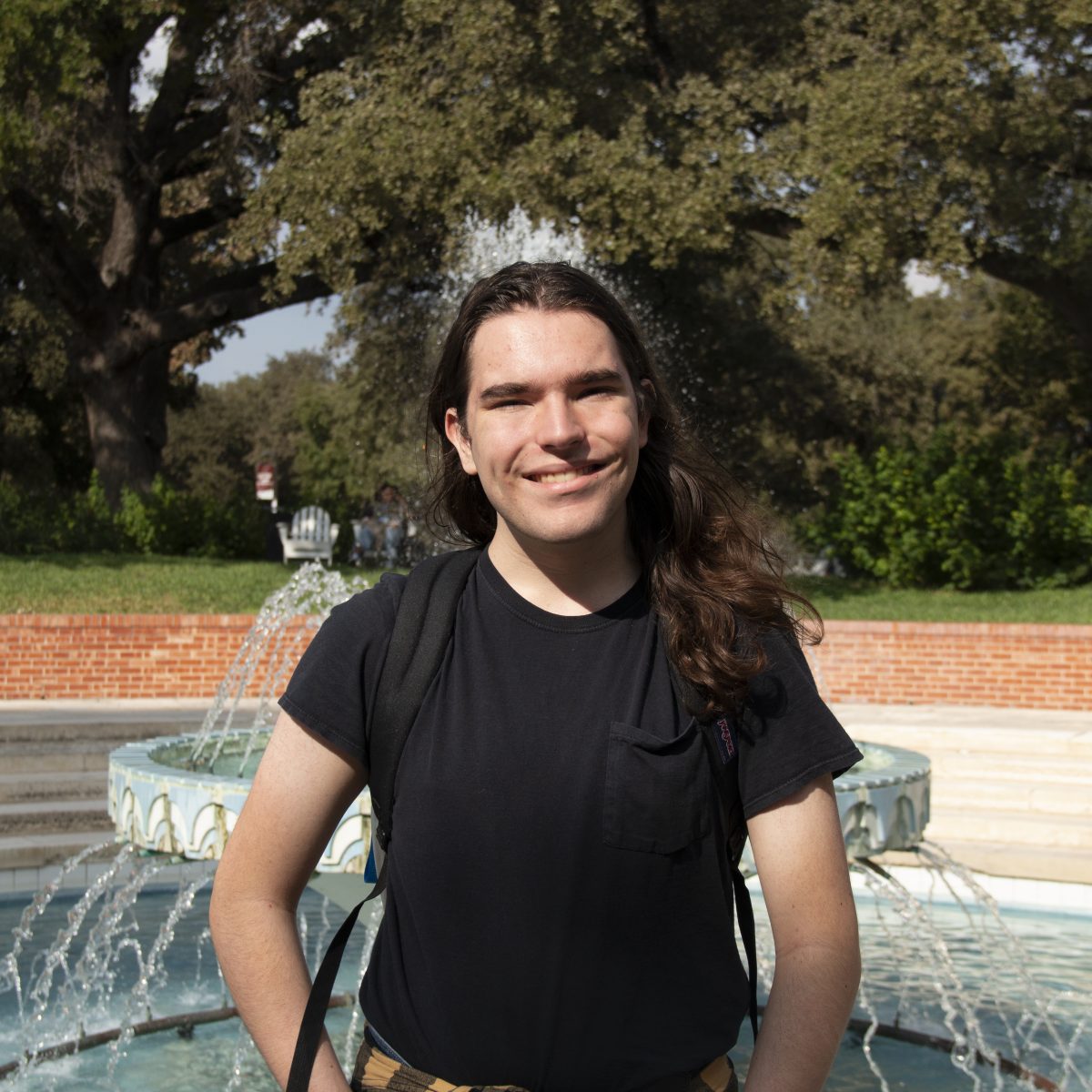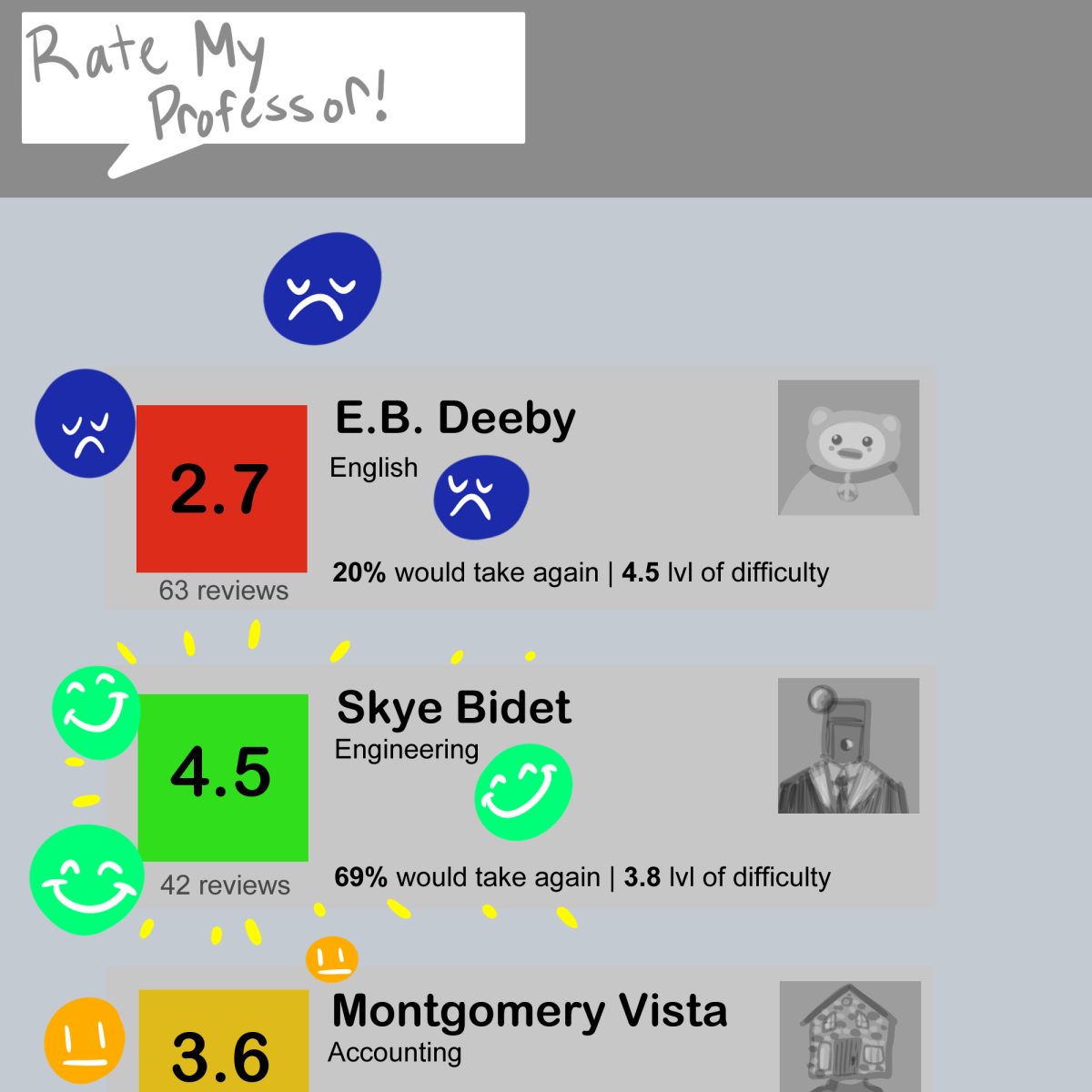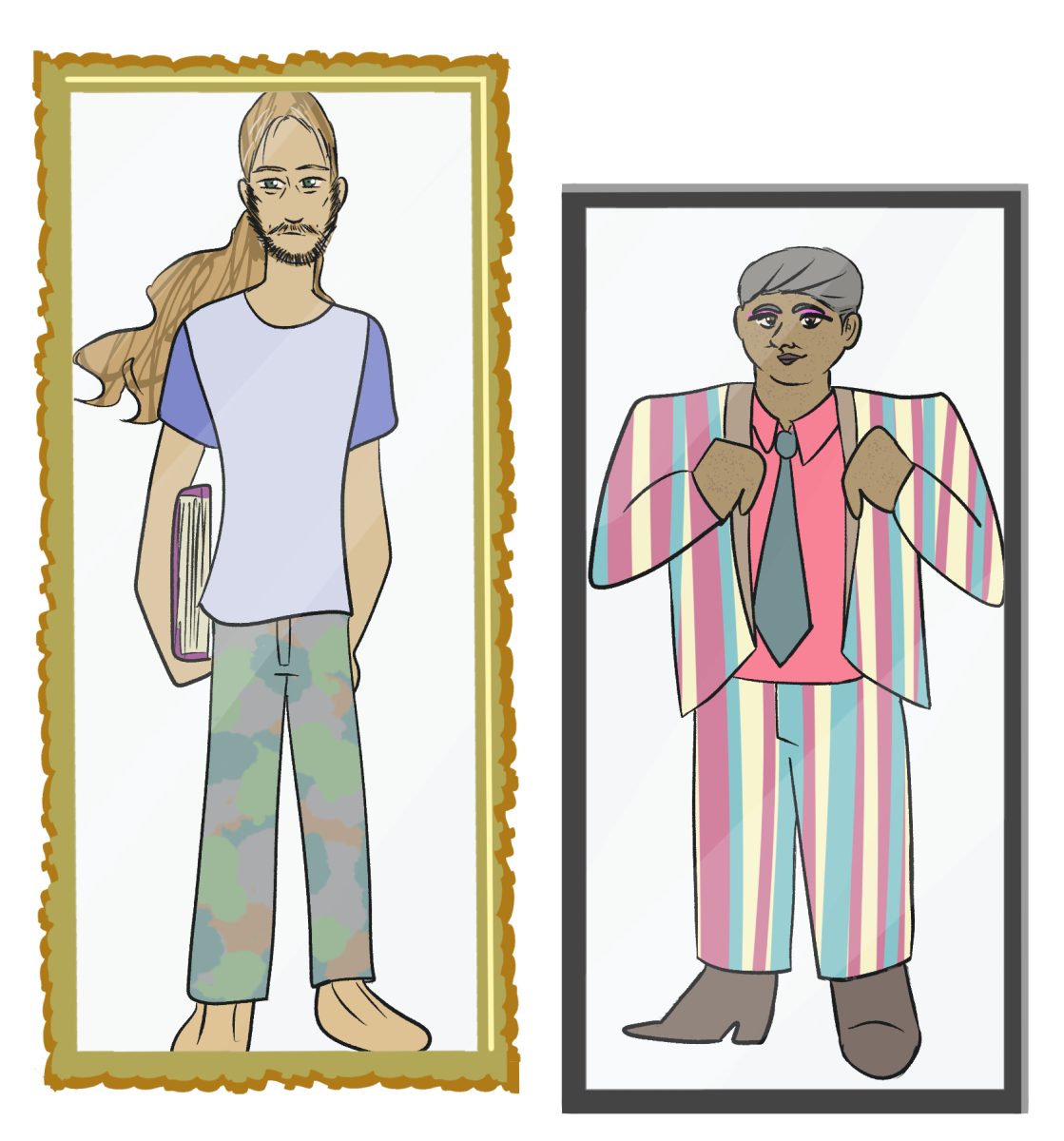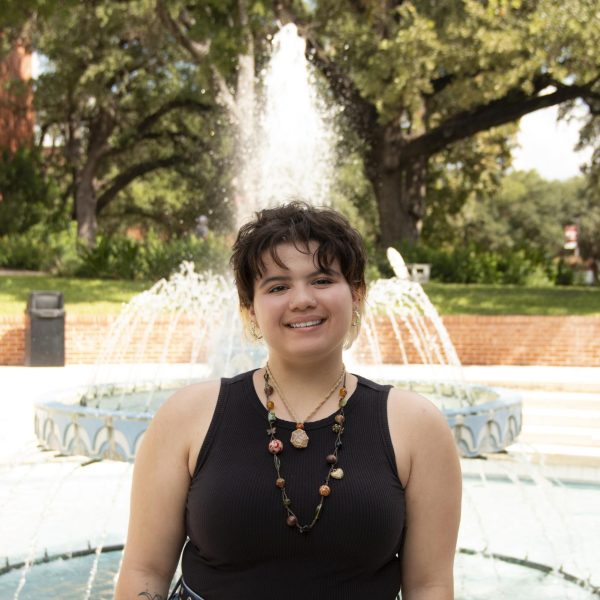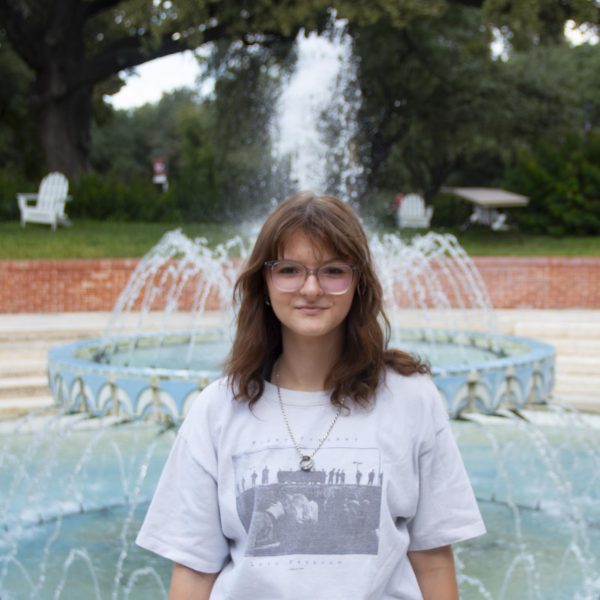Teófilo Reis, assistant professor of philosophy, defended his second thesis in June. You read that right. Reis has two Ph.Ds to his name, as well as a slew of other degrees.
Reis completed two undergraduate degrees in mathematics and philosophy, one master’s degree in philosophy and two Ph.D. degrees, one in philosophy from the City University of New York Graduate Center and the other in sociology from the University of Campinas in Brazil. In addition to his work at Trinity University, he is currently making progress on a research paper on the epistemology of ignorance. Reis said that the idea of students joining him in this research in the future interests him.
“In some cases, we see some forms of ignorance that behave just like knowledge, and that’s what justifies using these techniques from the theory of knowledge to understand how ignorance works,” Reis said. “In my work, I connect these studies of ignorance to discussions on race, and now, in particular, I am studying how, in analyzing different forms of ignorance connected to race, allow us to answer questions about what we call the metaphysics of race.”
In the new Africana Philosophy course to be taught by Reis next semester, students can expect to learn about philosophy in relation to the African continent through four geographic regions, which Reis labels as African, African-US-American, Afro-Caribbean and Afro-Latin. Reis said that he hopes the class will involve discussion between students and the raising of questions that involve contemporary issues. Reis has plans to discuss the consequences of Apartheid and the concept of Ubuntu, which is usually translated as ‘I am because we are.’
“Where I think the gem is is the connections we will establish among these traditions. When you think of traditions, we are just organizing pieces of knowledge. But people, they’re talking to themselves all the time,” Reis said. “Part of the course will be devoted to reading about these dialogues, and how people from different traditions talk to each other, how they sometimes face similar problems.”
In addition to discussing different translations of concepts similar to Ubuntu, students will study climate justice on the African continent and topics that stem from this issue. Reis says that possible readings in the course might include W.E.B Du Bois, Angela Davis, Frantz Fanon and Nyasha Mboti in an attempt to include scholars from not only various countries but various viewpoints and disciplines, such as philosophy, sociology and psychology. The two pillars of the course, Reis said, are writing and communication.
“This is the main lesson, I think, in all my courses, in general. What I want is for us to see that although there is difference in the ways we think, we have no other option than to actually talk to each other and engage in real conversations, in real dialogue, because we have to act collectively as a society,” Reis said. “We need a serious, a deep conversation, and we can do that through writing. That’s why writing and communication are so relevant to my courses, and in Africana philosophy, it will be no different.”
On the campus of the University of Campinas, Reis rallied against the injustice of the administration. The student population did not reflect that of the community around the university. Reis explained that public universities in Brazil are tuition-free, meaning that they operate on public funds alone. The university only accepted roughly 3,000 students out of 50,000 applications, but more than 80% of the accepted students were white.
“Part of my activism was to rethink the admission system so we would have more diversity in our students. You always have many people fighting for a cause, so I joined that cause, and we managed to change the admission system. It was implemented back in 2019,” Reis said. “This is one of the things that I am very proud of, having had the opportunity to contribute to this cause, because I see that this helped a lot of people to change their lives through education.”





